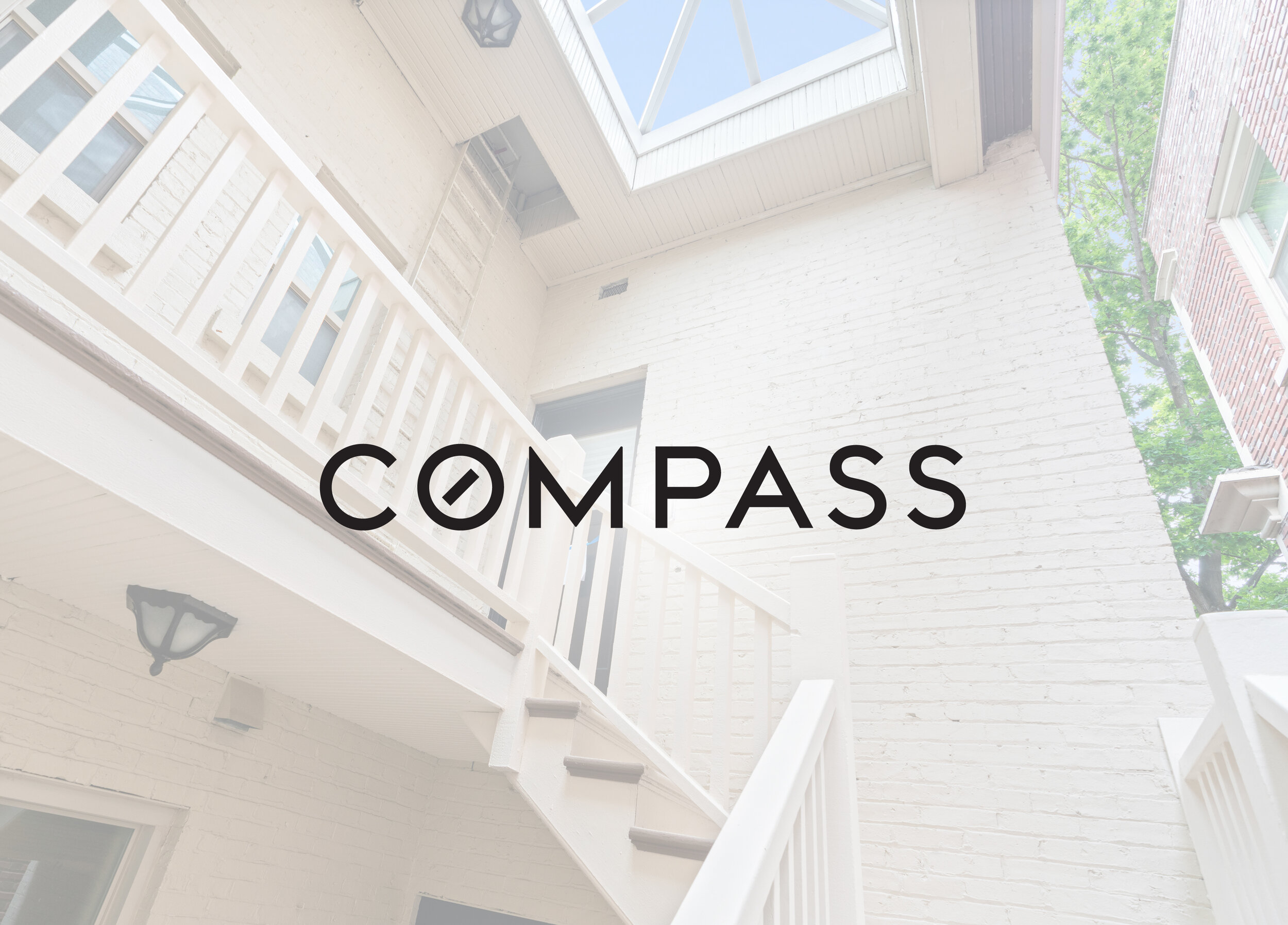Homeowner Question: What does it cost to install a heat pump mini split?
/by Brian Huie on 3/9/24
Mini-split installation typically costs between $7,000 and $25,000.
On average, professional installation falls around $12,000. The exact cost depends on the size and layout of your home. When an HVAC installer provides a quote for your home, you can expect them to make calculations based on the size and layout of your home in order to design a system that will optimally heat/cool all of your spaces. A smaller and/or more open layout may need a less powerful compressor or less interior mini split units.
Additionally the type of interior unit you prefer will affect the cost- there are in recessed ceiling units available, in which the product and installation will cost more, as well as more commonly selected wall mounted units available. Available accessories, such as filtration systems, phone connectivity, etc will increase the cost as well.
If you are looking for a more budget-friendly solution, a DIY system may be worth considering. These systems typically cost around $800-$3000 depending on the number of interior units, efficient, and available features. Certain modifications to the installation process make this system DIY friendly and easy to complete in a weekend. Note that, this does not include electrical modifications that may be necessary. But, for most homes, an electrician can do the electrical work for under $1000 in a day, and you’ll be ready to install.
“For more information on heat pump mini splits click here!”










